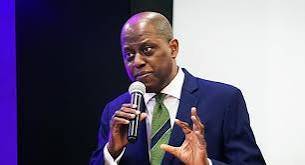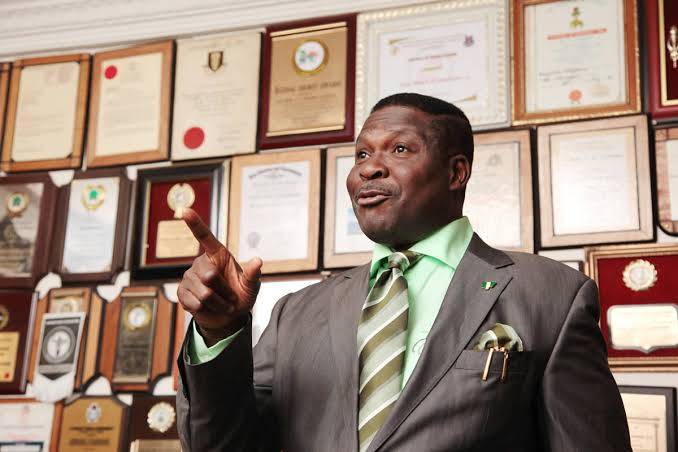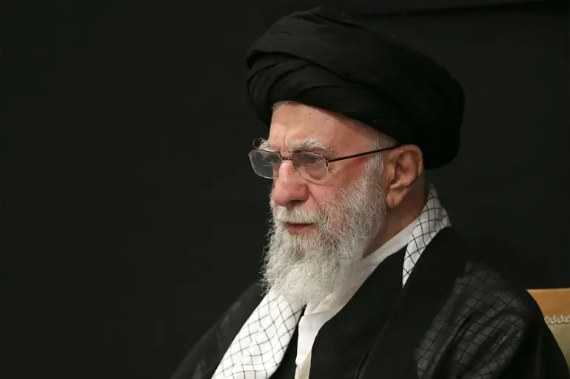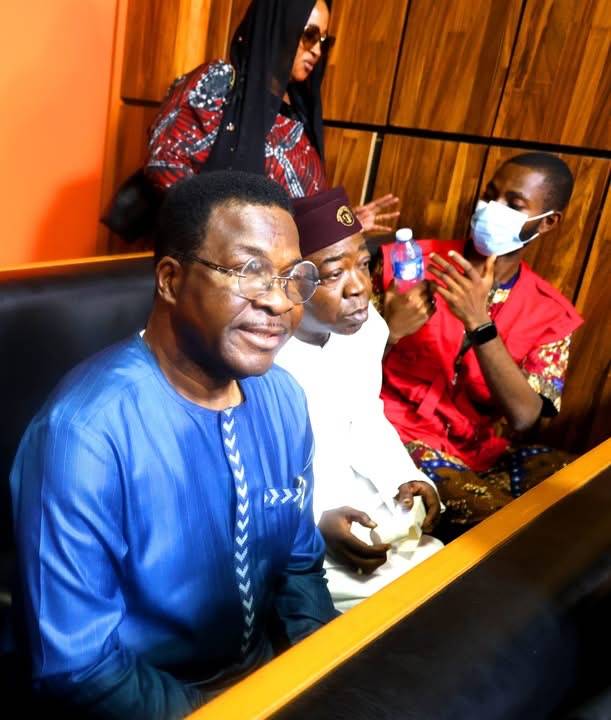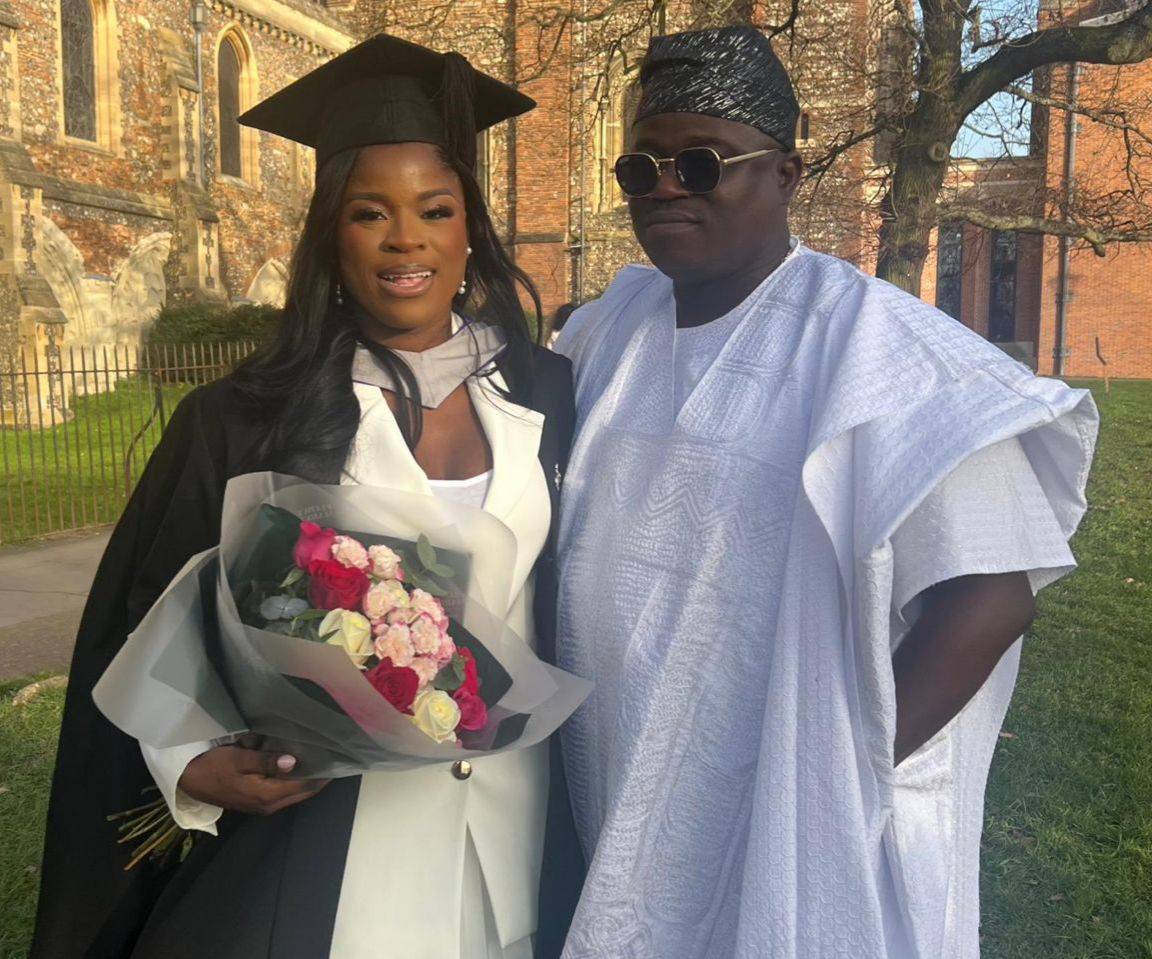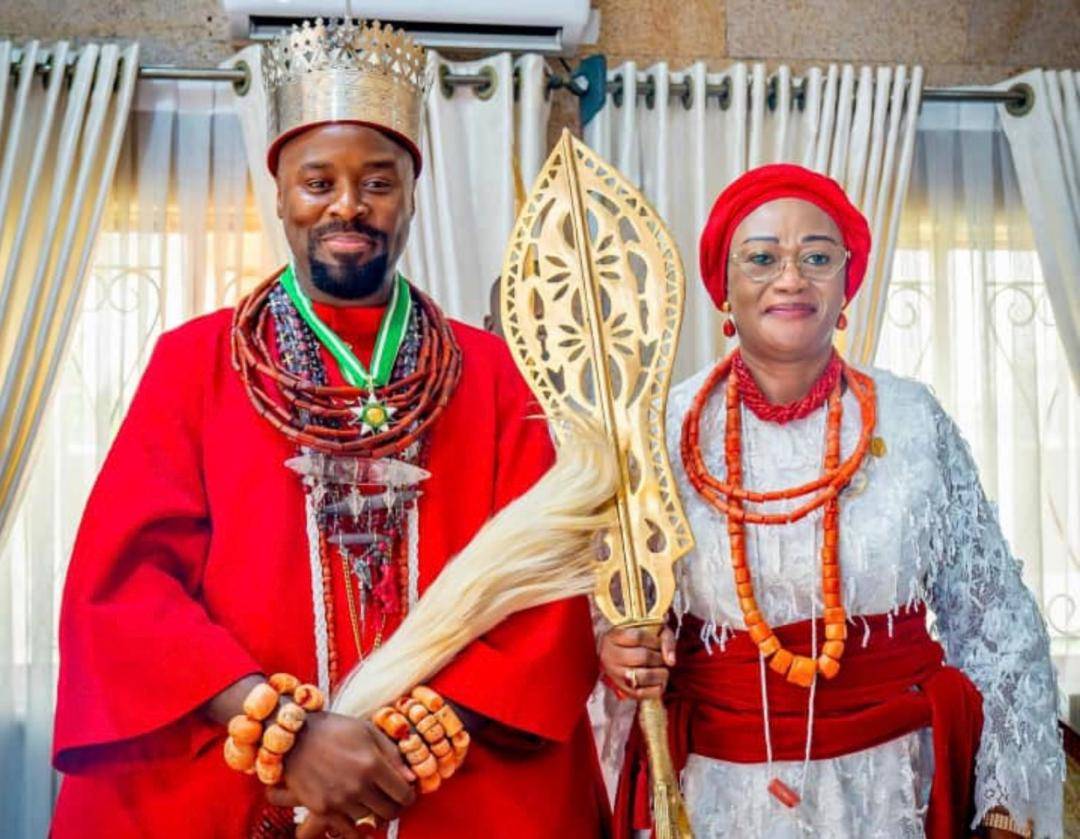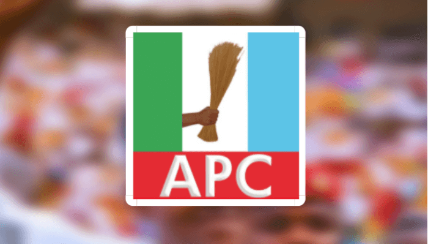By Segun Ayobolu
Inspired and informed by the federalist ethos which such Indian leaders as Jawarhalal Nehru had espoused as the best political arrangement for their complex, culturally plural society, Chief Obafemi Awolowo emerged as the most thorough, rigorous, compelling, and unrelenting advocate of a thoroughgoing federal constitution as the most appropriate constitutional framework for a multiethnic, multicultural and multi-religious Nigeria. “One of the pronouncements of the Indian leaders that struck the right chord in me was the one relating to the provincial boundaries along linguistic lines, in the reframing of the country’s constitution. If this was done, it would mean that apart from the Indian Parliament, each linguistic group would have its own legislature and government to deal with matters of peculiar interest to the group and within the competence of a provincial government” Awo had submitted in his autobiography in 1960.
Earlier, in 1947, he had contended in his ‘Path to Nigerian Freedom’ that “Under a true federal constitution, each group, however small, is entitled to the same treatment as any other group, however large”. Awolowo referred essentially to ethno-linguistic groups. They constituted the indispensable and irreducible building blocks of his conceptualization of federalism in Nigeria. For him, the linguistic factor is the most critical distinguishing variable between groups and should be a key element in Nigeria’s federal design.
There are those who, 64 years after independence, still hold to this perception and one variant of this school of thought argues for a reversion to a six-regional structure, a slightly modified form of the four regions that characterized the First Republic. These are perceived as more ‘natural’ components of the Nigerian polity than the current ‘arbitrary’ and ‘artificial’ states and local governments.
Those who advance this logic would appear to underestimate the extent to which a good number of the current states and local governments have developed a common political consciousness and sense of cohesion making it unlikely for them to agree to a reversion to a no less centralizing regionalism. Let us take the energy, passion, and resources that went into the struggle for the creation of Ekiti State for instance. Will the people of the state be willing to surrender their hard-won autonomy to renewed political suzerainty from Ibadan? It is unlikely and the situation is no less different across Nigeria.
In any case, even in Awolowo’s federalist theory, the linguistic factor as a cementing element in intra-group cohesion may be exaggerated. After all, as Awolowo himself rightly noted in his autobiography, “The Yorubas were a highly progressive but badly disunited group. They paid lip service to a spiritual union and affinity in a common ancestor- Oduduwa. But in all their long history they had waged wars against one another”. That was indeed why he spearheaded the formation of the socio-cultural group, Egbe Omo Oduduwa, to promote unity and harmony among the ever-querulous Yoruba. And in postcolonial Nigeria, the Yoruba political elite has remained as fractious as ever despite the common ethno-cultural and linguistic inheritance that supposedly unites them.
Eminent political scientist, Professor Eghosa Osaghae understandably pays attention to this issue at some length in his 2019 inaugural lecture at the University of Ibadan from which this column derives its title. In his words, “The basis of all this, which is not generally known, is that many of the ethnic groups and political categories that exist today, the names they bear as well as the territories they claim, the languages they speak and the loyalties now directed at them, took roots and were constructed within the states that emerged from the colonial process and are therefore as new, if not as artificial, as the states to which they belong.”
From the ongoing generalization from the African experience, Osaghae zeroes in on Nigeria and synthesizes the views of diverse scholars in the debate. He writes: “In Nigeria, according to Ekeh, “What existed before Nigeria were amorphous polities”. Indeed, Thomas Hodgkin, debunked Biobaku’s claim to the existence of an organic Yoruba group by asserting that “Everyone recognizes that the notion of ‘being a Nigerian’ is a new kind of conception. But it would seem that the notion of ‘being a Yoruba is not very much older”. The same could be said for ‘being’ Edo, Igbo, Tiv, and so on”. To buttress the point, Osaghae notes that “In fact, the colonial administrators dismissed the claims of consolidated ethnic groups and insisted “on the right, for example, of the people of Egbaland (not the Yoruba)…of any of the great Emirates of the North (not the Hausa-Fulani)…to maintain that each one of them is, in a very real sense…a nation”.
If the component ethno-cultural building blocks of Nigeria are not necessarily eternally preexisting ‘natural’ entities, then the presumed ‘artificiality’ of the macro polity should be no insurmountable obstacle to the never-ending process of working towards building an ever increasingly more cohesive, stable, and viable Nigeria. When Osaghae evokes the image of Nigeria as a complex entity which ‘man has joined together’, what immediately comes to mind is the common scriptural admonition on the marital union that ‘what God has joined together, let no man put asunder’. Without a definitive and generally acknowledged divine imprimatur on the Nigerian project, is it therefore inevitably doomed to failure as a man- made contrivance?
This is not necessarily so but it is up to Nigerians, particularly the political elite, to undertake the necessary hard work and sacrifices to make Nigeria a success and this is largely in their own self-interest. In this regard, he stresses the inevitably and imperative of federalism which “provides a most rational man-made method of binding people together”.
Unfortunately, Osaghae argues, Nigerian federalism and state have largely “floundered because for the elite, politics whose high point is state capture, takes precedence over compelling social and economic considerations that are capable of expanding the common good and reinforcing the basis of union, as is the case in many other federal systems”.
Continuous efforts to strengthen democracy and deepen federalism in Nigeria are necessary conditions for consolidating and solidifying ‘what man has joined together’ and ensuring the transcendence of current difficulties and the emergence of a Nigerian nation-state framework within which flourishing communities can thrive. The recent decision of the Supreme Court which granted financial autonomy to local government councils and compelled the existence and functioning only of democratically elected councils at the grassroots is viewed in some quarters as an attempt to strengthen the federal process and in others as designed to enhance the power of the centre at the expense of states.
What cannot be denied is that the incapacity of local governments to function as vehicles of grassroots development due partly to financial asphyxiation by states is a key factor in Nigeria’s protracted economic crisis and underdevelopment. Many state governments are understandably pushing back against the Supreme Court decision and insisting on their rights under a federal constitution to conduct elections into local government councils; elections which they have turned into farcical exercises with parties in power in various states winning all local government offices contested for.
It is ostensibly in pursuit of adherence to federal principles that 16 state governments with Kogi State at the vanguard have approached the Supreme Court to declare the statutes setting up the Economic and Financial Crimes Commission (EFCC) a nullity and to make it illegal for federal anti-graft agencies to probe the finances of state governments. While this makes sense in the light of federal theory, can we blind ourselves to the horrendous corruption at all levels of government and the obvious incapacity of both the legislature and the judiciary to tame the scourge at the state level?
Is the industrial-scale corruption plaguing the country not a major contributory factor to the prevalent economic crisis, current existential hardships, and the heightened fragility of the Nigerian state? In the face of weak or non-existence of preemptive and strong oversight and preventive institutions at sub-national levels, must the powers of federal institutions trying to combat financial crimes at all levels be circumscribed in the name of adherence to federal principles?
It is apposite in this regard to quote Professor Osaghae at some length in conclusion: “No matter how attractive federal principles may be, federalism is not adopted because people want constitutional purity. Rather, it is because the principles are deemed to be capable of solving immediate and possibly long term problems. According to Shridath Ramphal, former Secretary-General of the Commonwealth, “The practical necessities of a miscellany of national circumstances, not the symmetry of academic reasoning have given federalism its content and form…Federalism does not require that countries must mould their institutions to immutable principles or forms of organization. It promises instead that federal constitutions may be designed to meet the particular needs of the communities establishing them”.
Concluded




